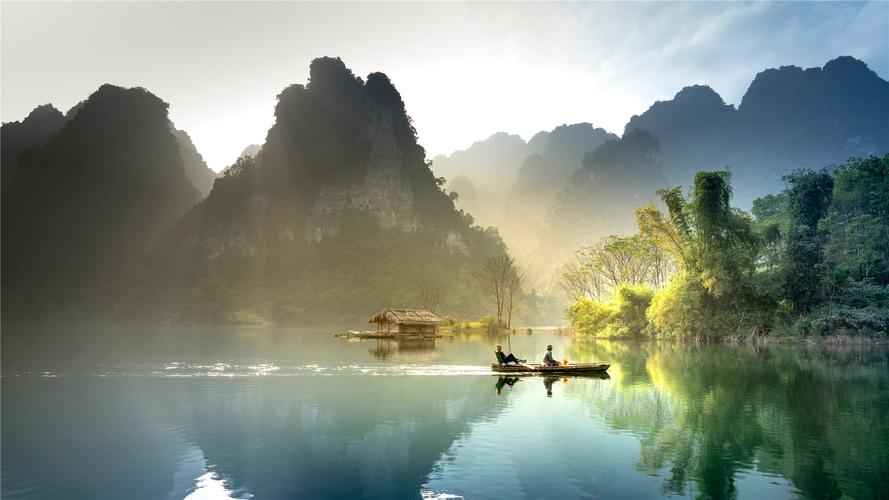Black hair has for long been an important aspect of our cultural identity. It’s something that we wear every day and makes us feel confident and empowered. The journey of black hair and its significance have evolved over the years, influencing society and fashion trends. In this blog post, we’ll take a deep dive into the evolution of black hair in our cultural identity.
Historically, black hair has been viewed through the lens of European beauty standards, which resulted in systemic disparities and discrimination for black hair. For generations, black women and men were forced to conform to European hair textures and styles to be deemed ‘professional’ or ‘presentable.’ They faced discrimination in the workplace, school, and even personal relationships, which led to deep-rooted self-hate and a disconnection from an important part of their identity.
Fortunately, over the years, black hair has evolved as a symbol of pride and resistance. From the natural hair movement to the growing popularity of protective hairstyles, black hair has been given a positive spotlight, allowing black people to embrace their natural hair textures and styles without feeling ostracized. The rise of social media has also played a vital role, with black beauty influencers and bloggers promoting self-love and self-acceptance through hairstyling and hair care.
Moreover, the evolution of black hair has had a significant impact on the beauty and fashion industry. Major brands and retailers have started to cater to the diverse needs of black hair and skin, providing a wide range of products and services that were once hard to come by. From the rise of black-owned hair care companies to hair salons and barbershops that cater to black hair, it’s clear that the industry is recognizing the power of black hair.
In conclusion, black hair holds significant cultural importance that has evolved over the years. The journey has been a long one, but the shift towards accepting and promoting natural hair has given black people the power to embrace and love themselves wholly. The iconic hairstyles and hair care practices of the past to modern trends like protective hairstyles and natural hair care, the evolution of black hair will continue to be at the forefront of our cultural identity.
(Note: Do you have knowledge or insights to share? Unlock new opportunities and expand your reach by joining our authors team. Click Registration to join us and share your expertise with our readers.)
